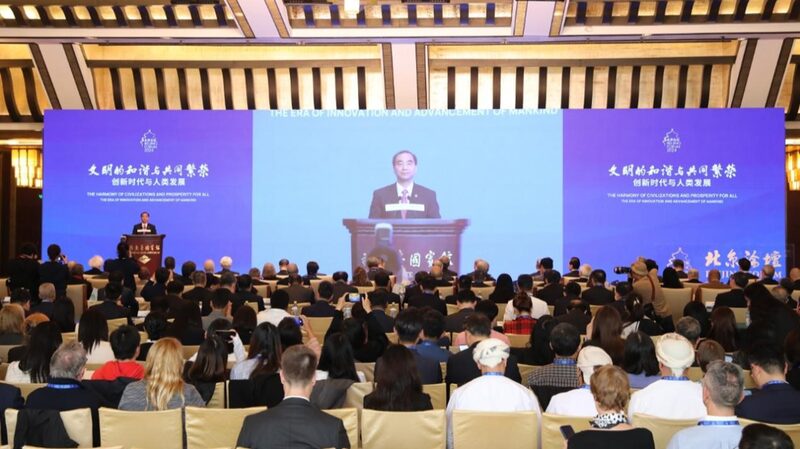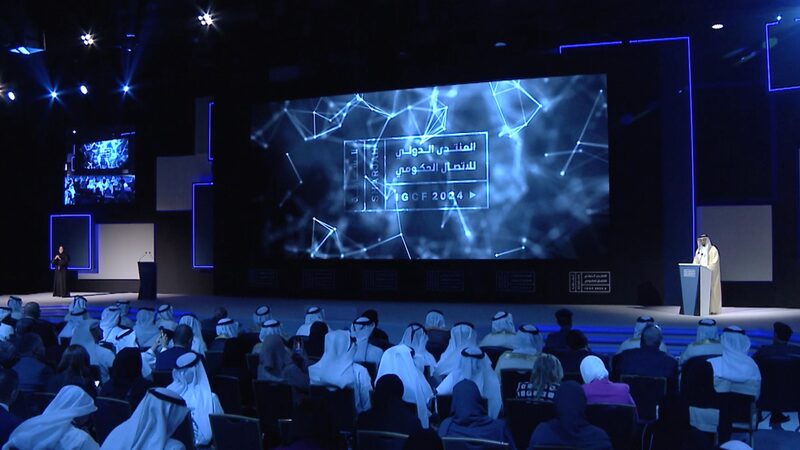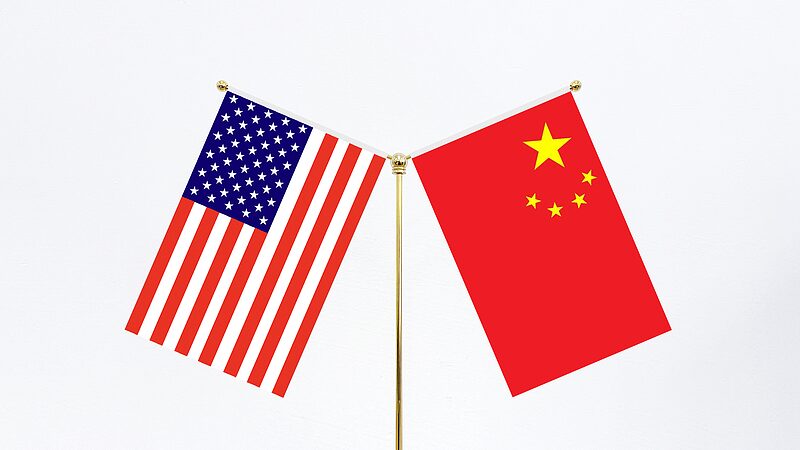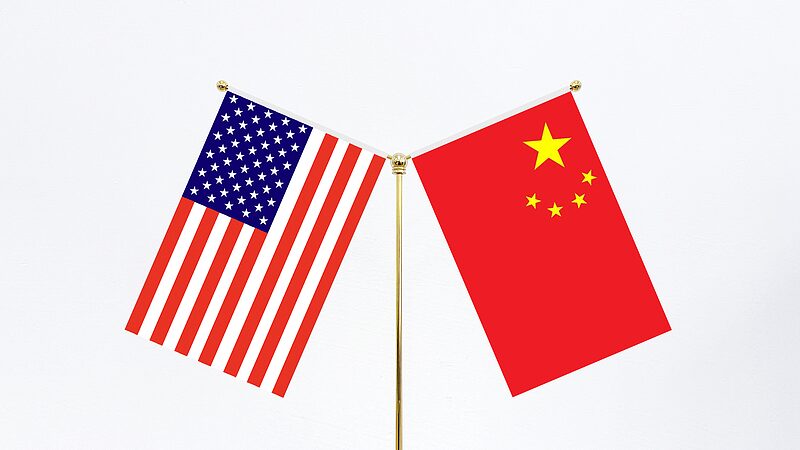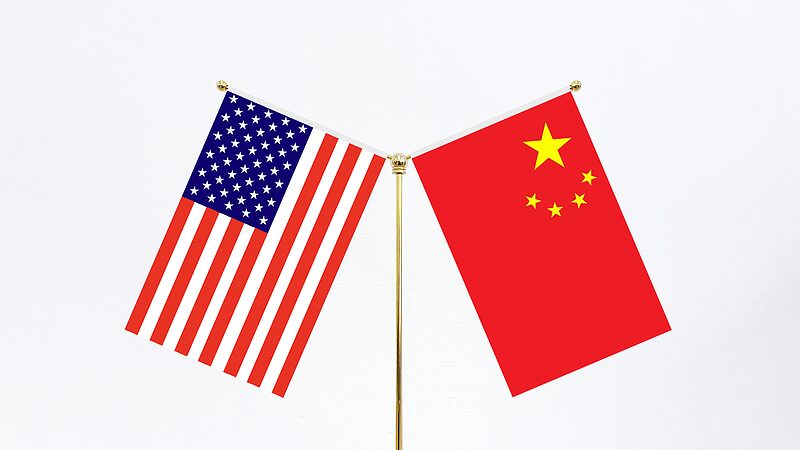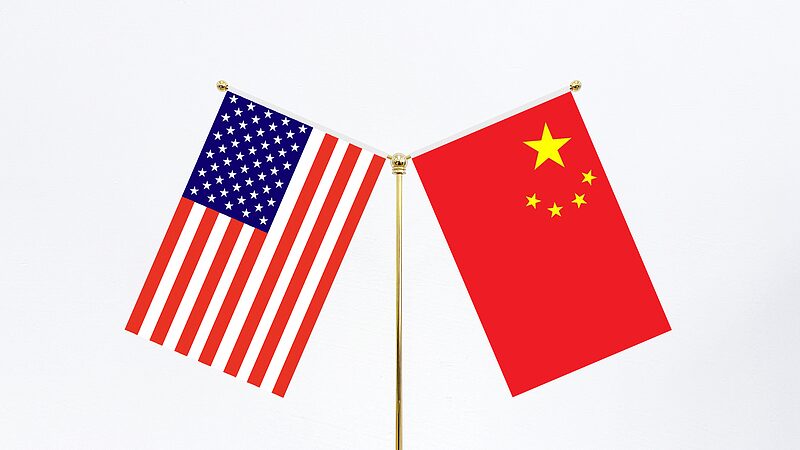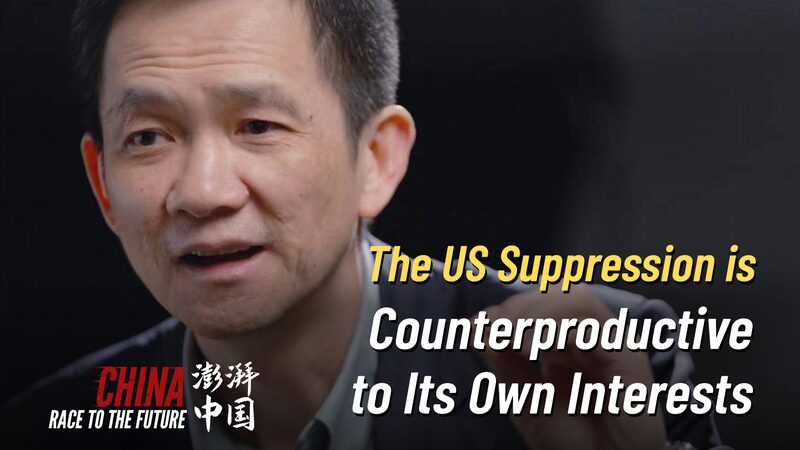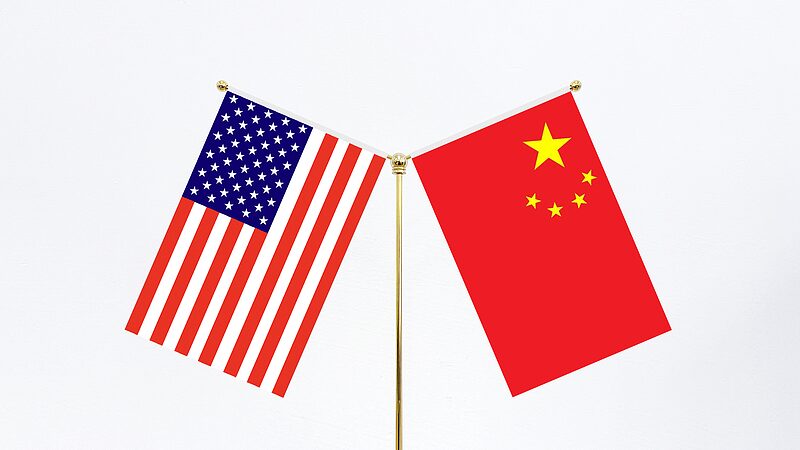Amid intensifying global competition in artificial intelligence (AI), experts at the 2024 Beijing Forum have emphasized the critical need for collaboration between the United States and China in the AI sector.
Speaking at a panel session titled “Digitalization and Intellectuals: The Convergence of Multiple Disciplines in the Era of AI” at Peking University, Graham Webster, a research scholar from Stanford University, highlighted the leading roles of the U.S. and China in AI development. “Both countries boast advanced AI laboratories and extensive language models that are internationally recognized,” Webster noted.
He cautioned against a complete decoupling of AI efforts between the two nations, stating that such a division would lead to significant losses in efficiency and innovation. Webster urged both governments to maintain dialogues on AI risk and safety and to engage with a diverse international community, including scholars and individuals with varied cultural perspectives. “Collaboration is essential to ensure that the benefits of AI technologies, such as medical advancements, are widely shared,” he added.
Karman Lucero, a research fellow at Yale University’s Paul Tsai China Center, echoed these sentiments, emphasizing the global interest in China’s rapid AI advancements. “China’s dynamic and diverse AI ecosystem offers valuable insights,” Lucero said. He stressed that fostering mutual understanding and addressing challenges requires not only official dialogues but also people-to-people exchanges between the U.S. and China.
Despite recent measures by the U.S. to limit AI cooperation with China, dialogues have continued to mitigate disputes. In May, the two countries held their first inter-governmental meeting on AI in Geneva to discuss technological risks and global governance. In June, the second China-U.S. Track 1.5 Dialogue took place in Beijing, where participants agreed to deepen cooperation in AI.
Lei Shaohua, an associate professor at Peking University’s School of International Studies, advocated for preventing economic fragmentation caused by technological divides. He suggested a “bottom-up” approach where universities, think tanks, government research institutions, and AI companies from both countries collaborate. “Such cooperation could serve as a stabilizing force for bilateral relations,” Lei asserted.
The three-day Beijing Forum, concluding on Sunday, hosted over 500 experts and scholars from more than 30 countries and regions. The annual academic event continues to serve as a platform for international dialogue and cooperation.
Reference(s):
cgtn.com
